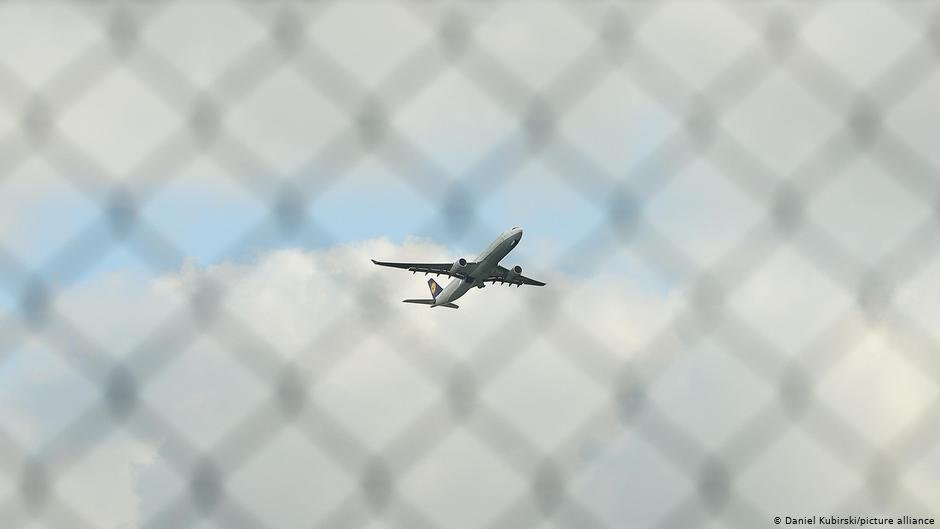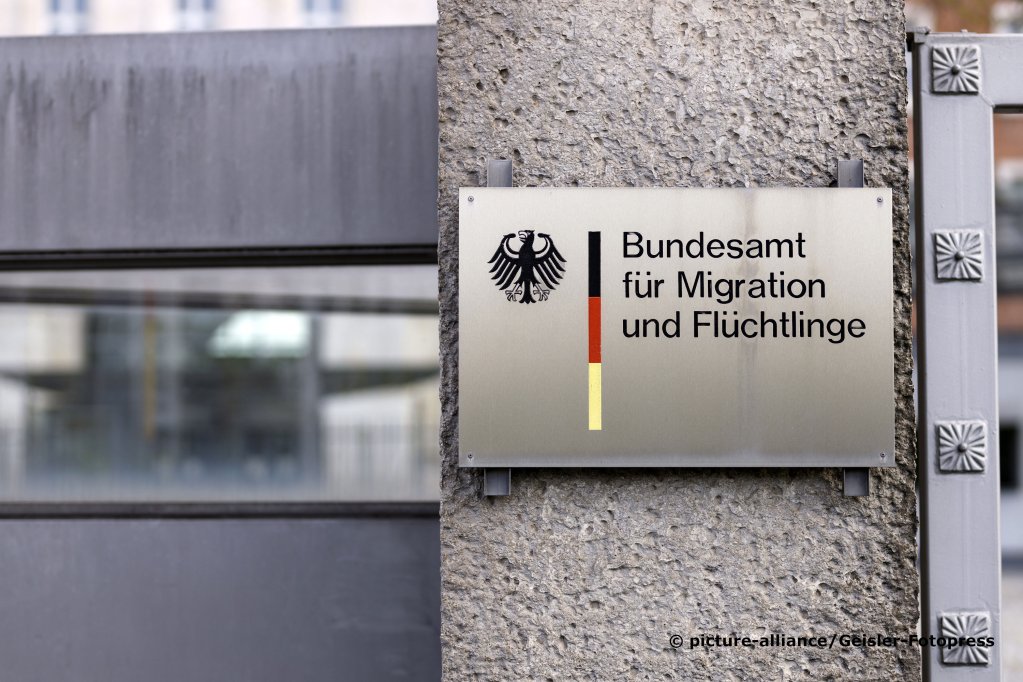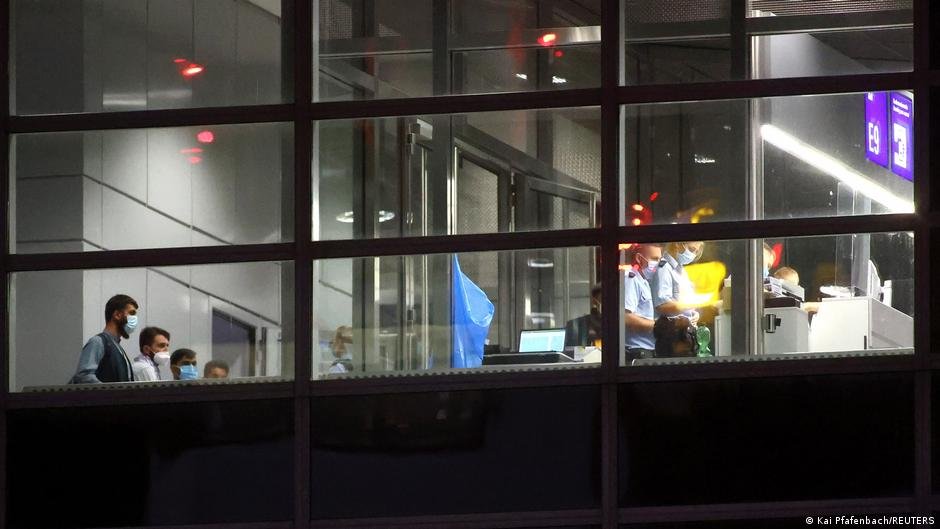An investigation revealing Afghan refugees' return trips to the Hindu Kush sparks debate over travel restrictions and protected status in Germany.
An investigation by German news channel RTL, which found that travel agencies in Hamburg are allegedly organizing trips to the Hindu Kush for people from Afghanistan, has reignited a broader debate in Germany about travel restrictions for refugees to their home countries.
When a person receives protected status in a country due to risks in their home country, they are generally not permitted to travel back unless there are exceptional circumstances, such as illness or the death of a family member.
The German government has now issued a strong warning that refugees who return to their home countries for vacation should lose their protected status in Germany.
The Federal Government Commissioner for Migration, Joachim Stamp (FDP), emphasized this point, telling the German tabloid newspaper Bild: “Germany must remain open to the world, but not stupid. The authorities must ensure that people who have applied for protection here but are on vacation in their home country immediately lose their protection status and can no longer stay in Germany. Period.”
Hamburg's Senator of the Interior, Andy Grote (SPD), echoed this sentiment, stating that travel to an alleged country of persecution naturally calls into question the person's protection status. He added, “If there are easily accessible travel routes to Afghanistan, there is also the possibility of repatriation.”
Also read: Germany: Is bureaucracy delaying Afghan journalist reception program?
Protected Status
Travel to the country of origin may be permissible in individual cases -- for example, due to a serious illness or the death of close family members. According to the Federal Office for Migration and Refugees (BAMF), any known trips home are reviewed to determine whether the granted protection should be revoked.
However, the authority admits it does not have exact data on how often protection has been revoked. While BAMF publishes general statistics on protection reviews, there is no detailed breakdown of the reasons why a protection decision was revoked.
Regarding the permissibility of return trips, a BAMF spokesperson stated, "In line with case law, BAMF generally assumes that these are only permitted under specific conditions." For example, a short return trip to "fulfill a moral obligation," such as attending a funeral or visiting a seriously ill family member, is not automatically a reason for revocation.
Also read: Netherlands: Can trips back to Syria compromise asylum applications?

Trips Back Home
According to the RTL investigation, Afghans with protected status and a blue passport -- which only permits visits to their homeland in exceptional cases -- are illegally traveling back to their country of origin. The trick, reportedly, is to avoid affixing the visa for the trip in the passport. The German Police Union has complained about a legal loophole that could be easily closed. "The federal and state governments must now work together to determine how to revoke protection status in cases of verifiable return trips," said SPD politician Sebastian Hartmann.
Following a survey of immigration authorities, the Ministry of the Interior revealed that around 160 cases have come to light since 2014 in which people had returned home one or more times. It is assumed there are additional unreported cases. Reasons for these trips include personal, family, or business matters.
On its website, BAMF notes that the individual reasons for traveling to the country of origin are varied, including the illness or death of family members, emergencies involving relatives or acquaintances, marriage or divorce, resolution of inheritance or other personal and business matters, "homesickness," or the long separation from relatives, and sometimes even "leisure purposes." Some of these reasons are compatible with protected status, while others are not.
However, BAMF stresses that the list of individual motives does not automatically lead to conclusions regarding grounds for revocation. Each case is reviewed individually to determine whether the trip should result in the revocation of protection status.
Also read: Germany: Voluntary return often fails due to bureaucracy

Politicians Call for Stricter Laws
Politicians from various parties, including the governing SPD, FDP, and the Green parties, are considering stricter laws to prevent abuse of refugee status through unauthorized travel to home countries.
"Germany grants protection to people for humanitarian reasons, who had to flee their homeland due to danger to their life and limb," said Sebastian Hartmann, the domestic policy spokesperson for the SPD parliamentary group. "However, if groups of people return to these home countries for a vacation, then there evidently can be no immediate danger to their well-being."
The Greens are open to changes in the law. "In principle, there is nothing to prevent travel with blue passports. The important thing is to ensure transparency about the travel destinations and to guarantee control upon re-entry," said Lamya Kaddor, the domestic policy spokesperson for the Green Party parliamentary group. She suggested that a requirement for entry stamps to be noted in the passport, rather than on loose sheets, could help. She emphasized that travel to dangerous home countries should only occur with the agreement of the BAMF if it is unavoidable.
Stephan Thomae, the parliamentary manager of the FDP parliamentary group, supported this demand: "Anyone who applies for asylum or refugee protection in Germany and then voluntarily returns to the country from which they fled due to war, civil war, or personal persecution, evidently no longer needs our protection." In such cases, the protection status must be immediately revoked, followed by expulsion and an entry and residence ban.
Also read: Deportations of Afghans via Tashkent under review by German lawmakers, report

Wider Debate
This issue has been discussed before, in relation to Syrian refugees who traveled to Syria. In 2017, a motion by the far-right AfD party in the regional parliament of the southern German state of Baden-Württemberg to investigate such trips caused a stir among politicians. However, the state government of North Rhine-Westphalia responded to a similar inquiry by stating that, according to the available information, the refugees in question did not travel to their home countries for "vacation."
There is now a strong emphasis on ensuring that refugees who violate travel restrictions face immediate consequences, including the potential loss of their protected status and possible deportation.
This comes at a time when the government is exploring ways to resume deportations to Afghanistan and Syria. The announcement follows an incident in Mannheim, southwestern Germany, where a German policeman died, and four people were injured in a knife attack reportedly carried out by an Afghan national.
Also read: Germany: Deportations up by 30%
With dpa, KNA
